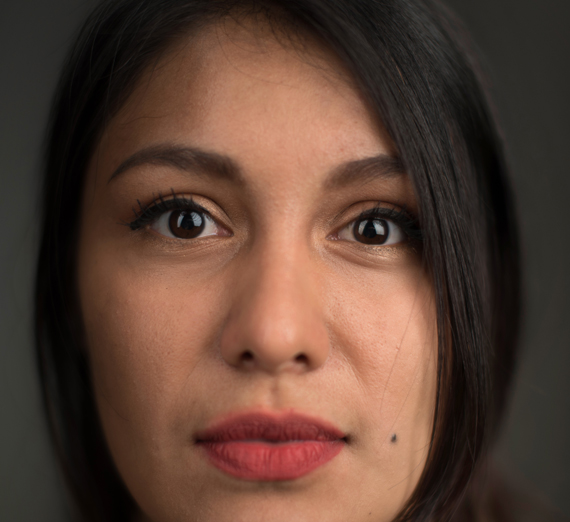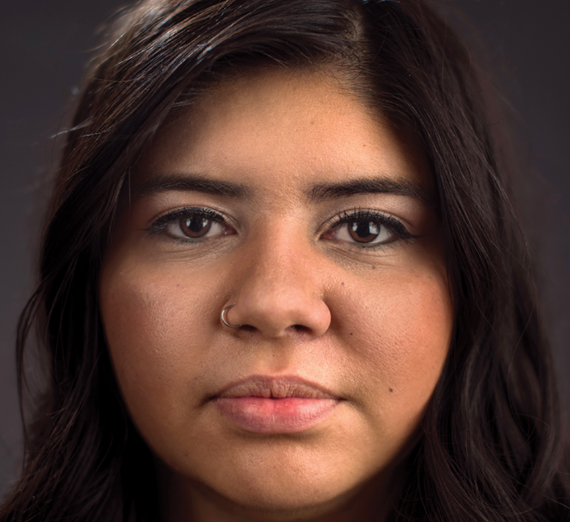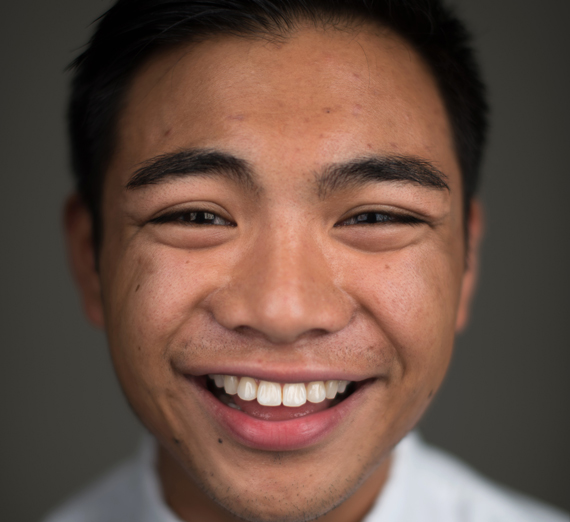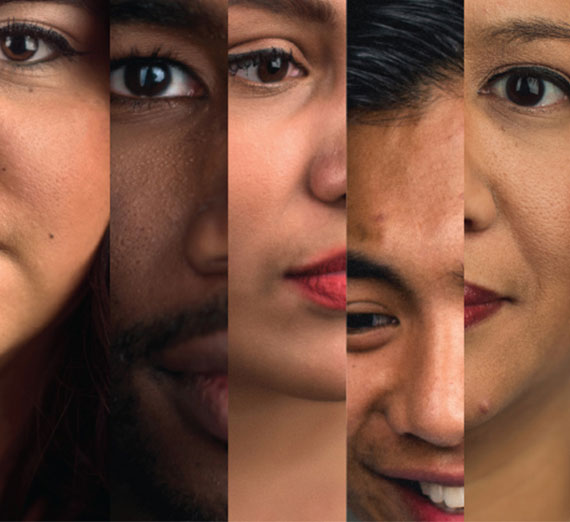The Race Issue - Frankly Speaking

By Kate Vanskike
Gonzaga Magazine editor
Implicit bias and institutional racism have become a consistent theme of brewing activism at college campuses across the nation. Many in the current generation are examining our history with fresh eyes and refusing to sit silently when – again and again – people of color suffer from the injustice that generations before have ignored. It is no surprise that private and public universities alike are experiencing a groundswell of resistance and action.
At Gonzaga, the stirring of cultural tensions culminated last year with a challenge issued by students to administrators. They wanted leaders to take some specific actions, namely to assemble a more diverse personnel and to improve cultural competence throughout the campus community.
“I told myself that all my struggles were the same struggles as my white friends, but this was incredibly naïve,” wrote Eli Ashenafi (’17) in a letter to the Gonzaga Bulletin. “Navigating this campus as a black man has been challenging.”
Published in the student newspaper on April 19, 2017, less than one month before Ashenafi would graduate with a degree in business administration, the letter continued: “Nothing about my history is taught. None of my classes informs me on how to be a black man in this world. No one prepared me for the eight times I’ve been pulled over by cops, the three times job interviewers have made inappropriate comments about my intelligence in relation to my skin color, or the countless times people have crossed to the opposite side of the street just to avoid the ‘scary black guy.’ ”
Ashenafi joined seven other students of color publicly sharing personal experiences at a forum called “Diversity & Equity – Stories Behind the Stats,” hosted by the Gonzaga Student Body Association and the Unity Multicultural Education Center. They gave examples of blatantly racist comments, insensitive jokes and widespread ignorance that they had experienced on campus.
Skylyn West (’17) said to the crowd: “When I came here from Seattle, I realized I would be someone’s first black friend. [But I didn’t realize I’d also] have to educate my teachers constantly. A teacher would bring up slavery and ask me to talk about it. I’m like, ‘I don’t know! I was born in 1995!’ ”
Another person referenced the irritated response of some students when she spoke her first language with other Spanish speakers or listened to Mexican music.
“Every year, I’ve wanted to drop out,” shared Gladys Suarez (’17) (photographed at top). “Being a first-generation student from a low income background, part of a minority, makes loving school hard when I am constantly reminded that it is not for me. It’s hard to focus on learning when you feel like you’re in a state of survival.”
The conversation continued in the form of a YouTube video posted last May, in which more than a dozen students recounted their experiences of marginalization and asked Gonzaga leaders to respond.
Referencing the Gonzaga mission to “develop the whole person,” the narrator added: “You cannot pick and choose who you develop as a whole person. You cannot pick apart our identities and make them fit ‘Be a Zag.’ It’s time you honor your commitment to the dignity of the human person.”
- Diversity & Inclusion



